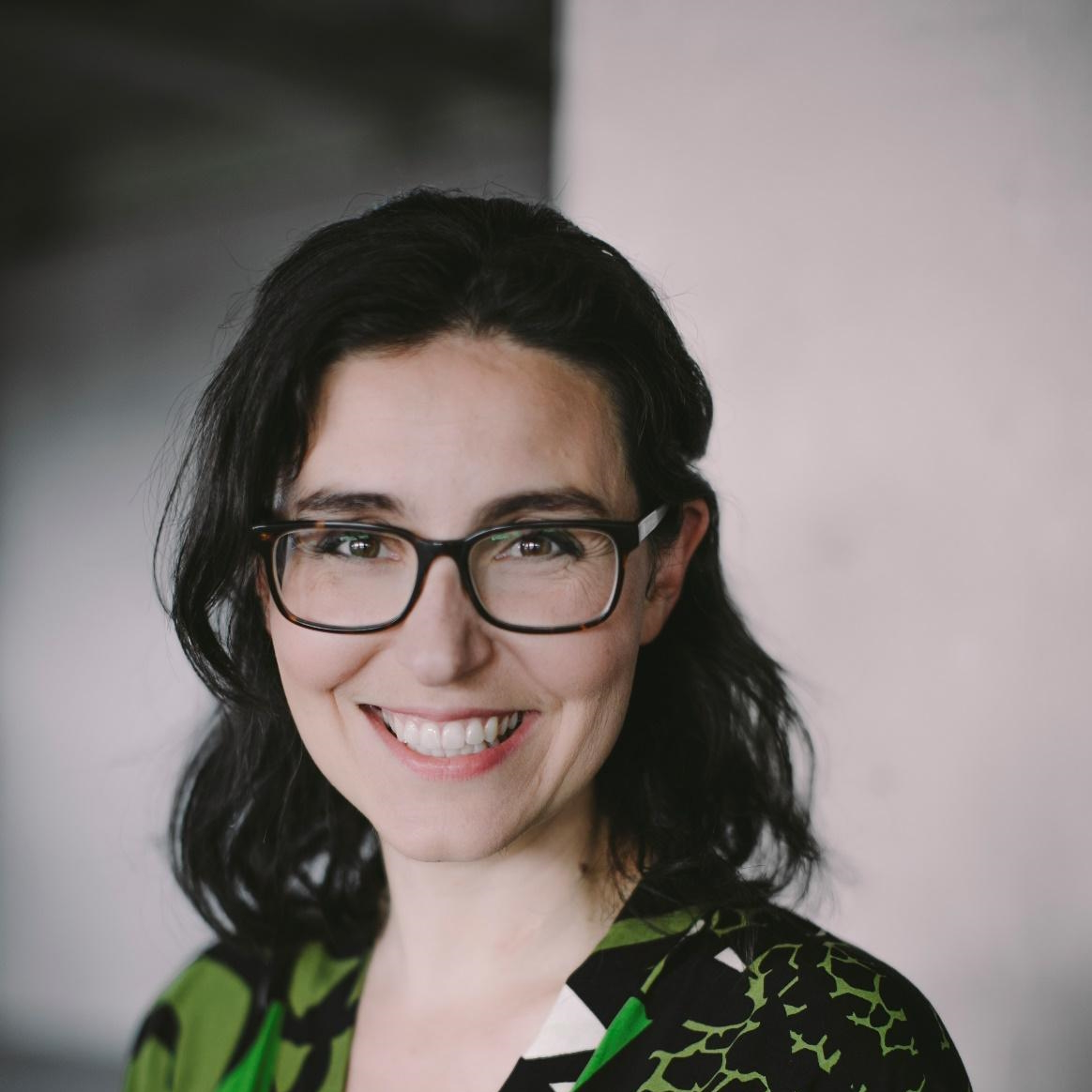
Has been working in the field of service design and design process research for 8 years. She runs the design and research agency Missing Dot Studio (link: https://missingdot.pl/).
She designs new services and improves existing ones to meet current and future market needs. She uses a service design approach to design online solutions, communication processes, sales, recruitment, adaptation, customer service, etc.
She has worked with more than 100 companies and institutions. She has implemented projects for National Digital Archive, National Centre for Culture, Polish Agency for Enterprise Development, the Adam Mickiewicz Institute, the Laboratory of Social Innovation and the Gdansk City Museum, UNICEF.
Content manager of the Service Design course at SWPS University. Author of factsheets on the Design Thinking methodology: 'How to create products and services? Understanding Design Thinking' and the e-book 'Practical about Service Design'.
During the session, participants will be introduced to a human-centered-design approach. Identifying new audience needs that arise in crisis situations can not only inspire the creation of an offer, but also enable institutions to actively participate in the dialogue about the crisis. Outline of the workshop Session 1: Theoretical introduction This part will introduce the concept of human-centred design and present examples of socio-cultural projects that have been an effective response to the challenges posed by different crisis situations. Session 2: Audience needs analysis Participants will have the opportunity to reflect on how crises affect the audiences of cultural offerings: - What new needs arise for the current audiences of the offer? - What new groups of potential audiences emerge in crisis situations? - Which groups should we reach in order to effectively achieve our institution's goals? Session 3: Defining the value proposition The final part of the workshop will define a value proposition for selected audiences. Participants will develop an answer to the question: how can cultural institutions help audiences in times of crisis to want to invest their time and energy in enjoying the activities and events on offer? The workshop is practical and requires the active participation of all participants in the exercises.